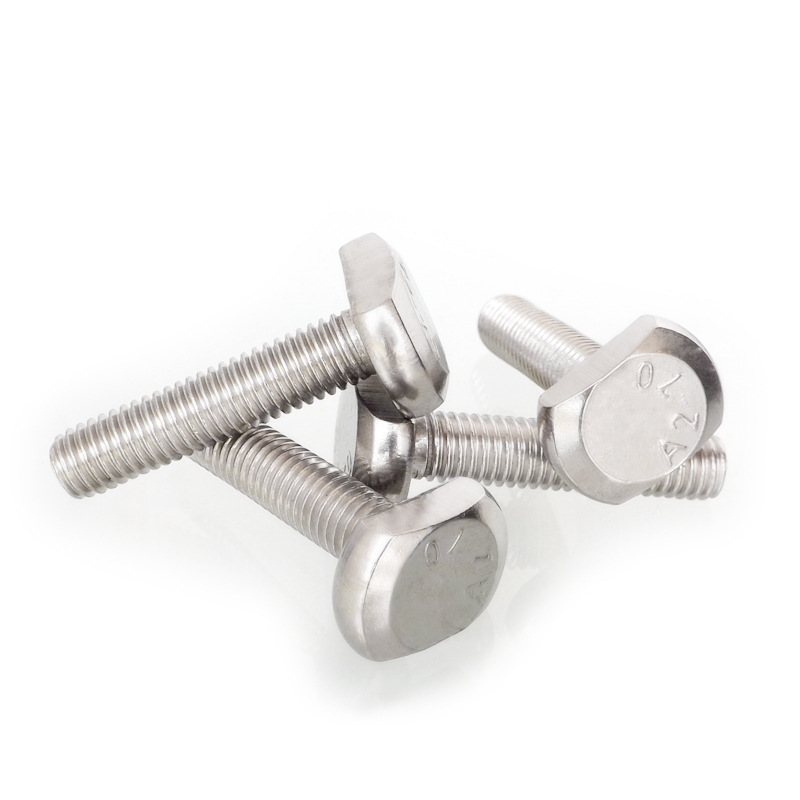

metal bolt
Nov . 05, 2024 16:23 Back to list
metal bolt
The Role of Metal Bolts in Modern Engineering
In the world of engineering and construction, metal bolts are vital components that ensure the strength, stability, and safety of structures and machinery. These fasteners, often taken for granted, play indispensable roles in a myriad of applications, from skyscrapers to bridges and automotive vehicles. Their importance cannot be overstated, as they provide a reliable means of joining materials together.
Composition and Types
Metal bolts are typically made from various materials, including steel, stainless steel, titanium, and other alloys. The choice of material depends on the application requirements, such as strength, corrosion resistance, and temperature tolerance. For instance, stainless steel bolts are favored in environments exposed to moisture due to their resistance to rust and corrosion, while high-strength steel bolts are preferred for heavy-duty applications.
There are several types of metal bolts, including hex bolts, carriage bolts, and lag bolts. Hex bolts, characterized by their hexagonal heads, can be used with nuts for a secure fit. Carriage bolts, with a round head and a square neck, are ideal for applications requiring a smooth finish. Lag bolts, on the other hand, are heavy-duty fasteners used in wood construction, providing excellent holding power.
Design and Engineering Considerations
The design of metal bolts is governed by strict engineering standards
. The American National Standards Institute (ANSI) and the International Organization for Standardization (ISO) set guidelines for bolt dimensions, materials, and testing procedures. These standards ensure uniformity and reliability across different applications.When designing a structure or a machine, engineers must consider factors such as load capacity, tension, and shear forces. The strength of a bolt is crucial, as it directly impacts the integrity of the entire assembly. Over time, repetitive loading can lead to fatigue, and eventually, failures. Thus, selecting the appropriate bolt type with the correct specifications is essential for durability.
metal bolt

Applications Across Industries
Metal bolts are ubiquitous across various industries, each requiring specific properties to meet their unique challenges. In the construction industry, bolts are used to secure beams, columns, and trusses, providing the necessary strength to support heavy loads. In the automotive industry, bolts play a critical role in assembling engine components and chassis, ensuring that vehicles can withstand stress during operation.
The aerospace sector employs high-strength bolts manufactured to exacting tolerances, as safety is paramount here. In addition to structural applications, bolts are also used in machinery assembly, where precise alignment and secure connections are necessary for optimal performance.
Innovations and Developments
The continuous evolution of technology has led to significant advancements in bolt manufacturing and design. New materials and coatings have been developed to enhance corrosion resistance and reduce friction during assembly. Additionally, innovative fastening systems, such as self-locking bolts and smart bolts equipped with sensors, are emerging to provide real-time monitoring of tension and structural integrity.
Furthermore, the rise of 3D printing technology is transforming the way metal bolts are produced. This technology allows for customized designs and rapid prototyping, making it easier to create unique fasteners that meet specific application requirements.
Conclusion
In conclusion, metal bolts are fundamental components in various sectors, contributing to the safety, reliability, and efficiency of structures and machinery. While they may be small in size, their importance in engineering cannot be underestimated. As industries continue to innovate and evolve, the role of metal bolts will remain crucial in meeting the demands of modern construction and manufacturing. Understanding the properties, applications, and innovations surrounding metal bolts will enhance our ability to design and create safer, more efficient systems for the future.
Latest news
-
Hot Dip Galvanized Bolts-About LongZe|High Strength, Corrosion Resistance
NewsJul.30,2025
-
High-Strength Hot Dip Galvanized Bolts - Hebei Longze | Corrosion Resistance, Customization
NewsJul.30,2025
-
Hot Dip Galvanized Bolts-Hebei Longze|Corrosion Resistance&High Strength
NewsJul.30,2025
-
High-Strength Hot-Dip Galvanized Bolts-Hebei Longze|Corrosion Resistance&High Strength
NewsJul.30,2025
-
Hot Dip Galvanized Bolts-Hebei Longze|Corrosion Resistance&High Strength
NewsJul.30,2025
-
Hot Dip Galvanized Bolts - Hebei Longze | Corrosion Resistance, High Strength
NewsJul.30,2025

